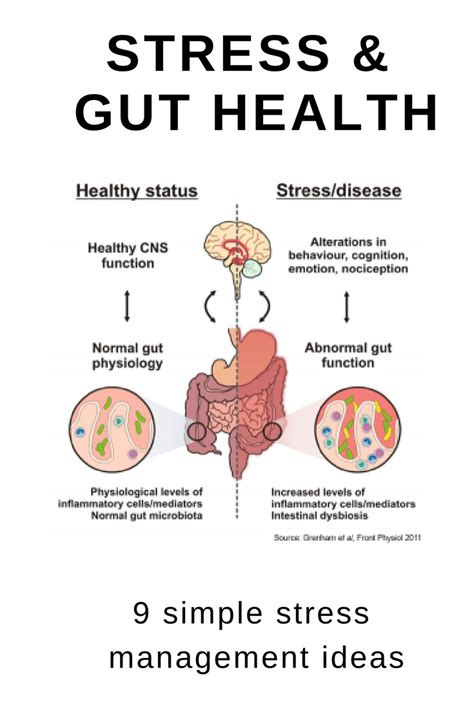Daily steps for improving gut health & digestion?

The Foundation: Diet and Nutrition
Your gut microbiome, a complex ecosystem of trillions of bacteria, plays a pivotal role in digestion, nutrient absorption, and even your immune system. Nurturing this internal garden begins with what you put on your plate daily.
Prioritize Fiber-Rich Foods
Fiber is the cornerstone of a healthy digestive system. It acts as a prebiotic, feeding the beneficial bacteria in your gut, and helps ensure regular bowel movements. Aim for a diverse range of plant-based foods daily, including whole grains (oats, quinoa, brown rice), fruits (berries, apples, bananas), vegetables (broccoli, spinach, carrots), legumes (lentils, beans), and nuts and seeds.
Incorporate Fermented Foods and Probiotics
Fermented foods are natural sources of probiotics, beneficial live bacteria that can replenish and diversify your gut flora. Daily inclusion of foods like yogurt (with live cultures), kefir, sauerkraut, kimchi, miso, and tempeh can significantly boost your gut health. If dietary sources are insufficient, consider a high-quality probiotic supplement, but consult a healthcare professional first.
Stay Hydrated
Water is essential for digestion. It helps break down food, allows nutrients to be absorbed, and softens stool, preventing constipation. Aim for at least 8 glasses of water daily, and more if you’re active or in a warm climate. Herbal teas and water-rich fruits and vegetables also contribute to your fluid intake.

Mindful Eating Habits
How you eat is almost as important as what you eat. Adopting mindful eating practices can significantly improve digestion.
Chew Your Food Thoroughly
Digestion begins in the mouth. Chewing your food thoroughly breaks it down into smaller, more manageable particles, reducing the workload on your stomach and intestines. It also signals your body to release digestive enzymes, preparing your gut for the incoming food.
Eat Slowly and Avoid Rushing
Eating too quickly can lead to indigestion, bloating, and gas. Take your time, savor each bite, and put your fork down between mouthfuls. This allows your body to register fullness more accurately, preventing overeating and improving the digestive process.
Lifestyle Factors for a Thriving Gut
Beyond diet, several lifestyle choices profoundly impact your gut health.
Manage Stress Effectively
The gut-brain axis means your emotional state directly affects your digestive system. Chronic stress can disrupt the gut microbiome, increase gut permeability, and trigger digestive issues. Incorporate daily stress-reducing activities like meditation, yoga, deep breathing exercises, spending time in nature, or engaging in hobbies you enjoy.

Engage in Regular Physical Activity
Exercise isn’t just good for your muscles; it’s great for your gut. Regular physical activity promotes healthy bowel movements, reduces stress, and may even positively influence gut microbial diversity. Aim for at least 30 minutes of moderate-intensity exercise most days of the week.
Prioritize Adequate Sleep
Lack of sleep can impact various bodily functions, including digestion and gut health. Aim for 7-9 hours of quality sleep per night. Establish a consistent sleep schedule, create a relaxing bedtime routine, and ensure your sleep environment is conducive to rest.

What to Limit or Avoid
While focusing on what to add is important, it’s equally crucial to be mindful of what might harm your gut.
- Processed Foods and Sugars: These can feed harmful bacteria and lead to inflammation.
- Artificial Sweeteners: Some studies suggest they can negatively alter the gut microbiome.
- Excessive Alcohol: Can irritate the digestive tract and disrupt gut flora.
- Unnecessary Antibiotics: While sometimes vital, antibiotics kill both good and bad bacteria. Use only when necessary and replenish gut flora afterward.

Conclusion
Improving gut health and digestion is a journey, not a destination. By consistently integrating these daily steps into your routine – focusing on a diverse, fiber-rich diet, incorporating fermented foods, staying hydrated, eating mindfully, managing stress, exercising, and prioritizing sleep – you can cultivate a thriving gut microbiome. Remember, small, consistent changes lead to significant, long-term benefits for your overall well-being. If you experience persistent digestive issues, always consult a healthcare professional for personalized advice.









